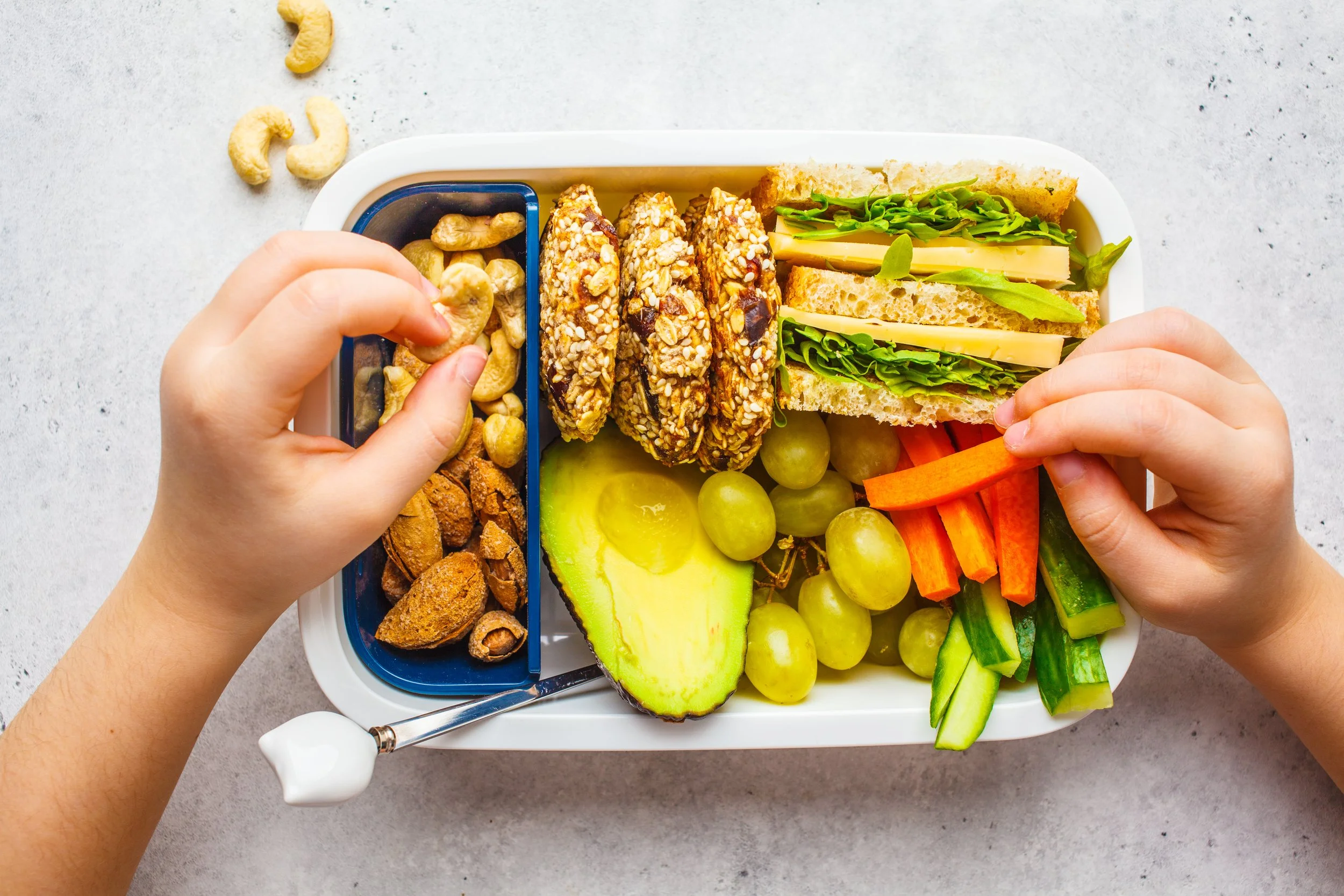Nutrition Tips for Young Soccer Players
Proper nutrition is vital for young soccer players to perform at their best, grow healthily, and recover quickly from physical activities. Fueling young athletes with the right nutrients not only boosts their energy levels but also supports their overall development. In this blog post, we’ll explore the basics of a balanced diet, share healthy snack ideas, and provide essential hydration tips for young soccer stars.
Essential Nutrients for Young Athletes
Carbohydrates: Carbohydrates are the primary source of energy for soccer players. They should make up about 50-60% of a young athlete's diet. Carbs are stored as glycogen in muscles, providing the necessary fuel during intense training and matches.
Sources: Whole grains (brown rice, oatmeal, whole-wheat bread), fruits, vegetables, and legumes.
Proteins: Proteins are essential for muscle repair and growth. They help in the recovery process, allowing young athletes to train effectively day after day.
Sources: Lean meats (chicken, turkey), fish, eggs, dairy products (milk, yogurt, cheese), nuts, and beans.
Fats: Healthy fats are important for energy production and the absorption of fat-soluble vitamins (A, D, E, K). They should constitute about 20-30% of the diet.
Sources: Avocados, nuts, seeds, olive oil, and fatty fish (salmon, mackerel).
Vitamins and Minerals: Vitamins and minerals support various bodily functions, including immune response, bone health, and energy metabolism. Key nutrients for young athletes include calcium (for bone strength), iron (for oxygen transport), and vitamin D (for bone health and muscle function).
Sources: Dairy products, leafy greens, fruits, lean meats, and fortified cereals.
Healthy Snack Ideas Before and After Practice
Before Practice:
Banana with Peanut Butter: Provides a quick source of energy from the banana’s carbohydrates and sustained energy from the healthy fats and protein in peanut butter.
Whole-Grain Toast with Avocado: A balanced snack that includes complex carbs, healthy fats, and fiber.
Greek Yogurt with Berries: Combines protein from yogurt with antioxidants and vitamins from the berries.
After Practice:
Chocolate Milk: Offers an ideal ratio of carbs to protein for muscle recovery, plus it’s hydrating and usually a favorite among kids.
Hummus with Veggie Sticks: A mix of proteins, healthy fats, and vitamins from the vegetables, aiding in recovery and replenishment.
Turkey and Cheese Roll-Ups: Provide protein and essential fats for muscle repair without being too heavy.
Hydration Tips and Why It Matters
Hydration is crucial for young athletes to maintain optimal performance and prevent dehydration, which can impair cognitive and physical abilities.
Water: The best way to stay hydrated is to drink water regularly throughout the day. Encourage kids to drink water before, during, and after practice.
Electrolyte Drinks: During intense exercise, children may lose electrolytes through sweat. An electrolyte drink can help replenish these lost minerals, especially during long games or practices in hot weather.
Hydration Schedule:
Before Practice: Drink about 16-20 ounces of water 2 hours before exercise.
During Practice: Aim for 7-10 ounces every 10-20 minutes.
After Practice: Consume 16-24 ounces for every pound lost during exercise.
Signs of Dehydration: Teach children to recognize symptoms of dehydration such as dry mouth, dizziness, headache, and dark yellow urine. Encouraging them to drink regularly can help prevent these issues.
Conclusion
Proper nutrition and hydration are cornerstones of a young soccer player's success. A balanced diet rich in essential nutrients fuels their energy levels, supports growth, and aids recovery. Healthy snacks before and after practice can make a significant difference in performance and overall well-being. Lastly, staying hydrated is crucial for maintaining peak physical and cognitive function. At Soccer Buddies, we believe that educating young athletes about these fundamentals will set them up for success on and off the field. Happy playing and stay healthy!
Come and Play with Us!
Join us for a fun and physical soccer class!
At our six Colorado locations, we encourage healthy habits and skill building.
Ready to try a class for FREE? Register today!




